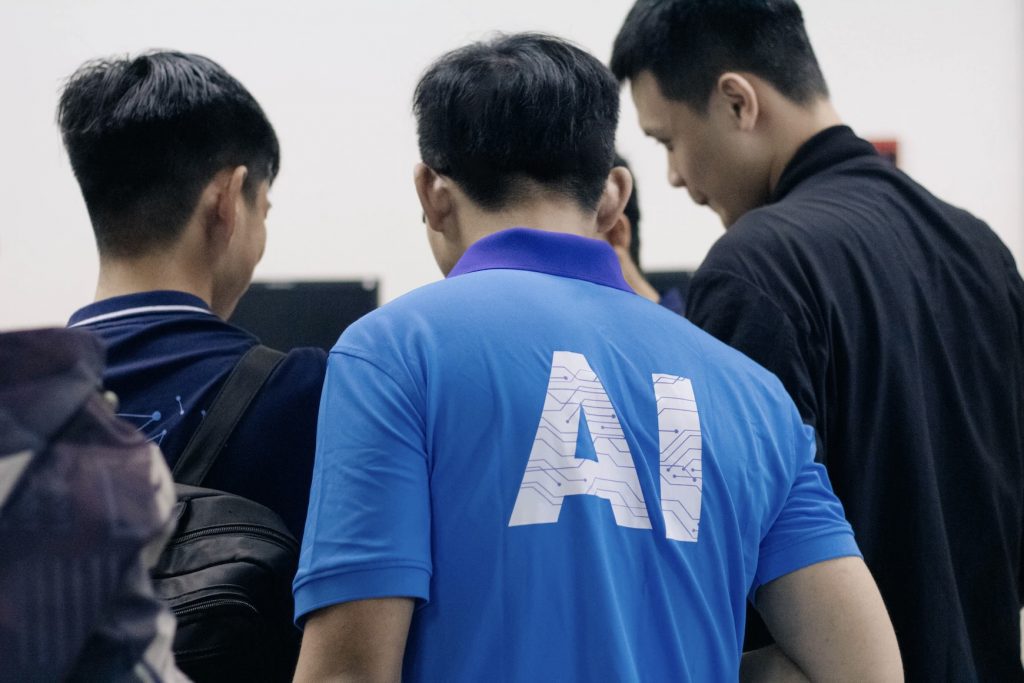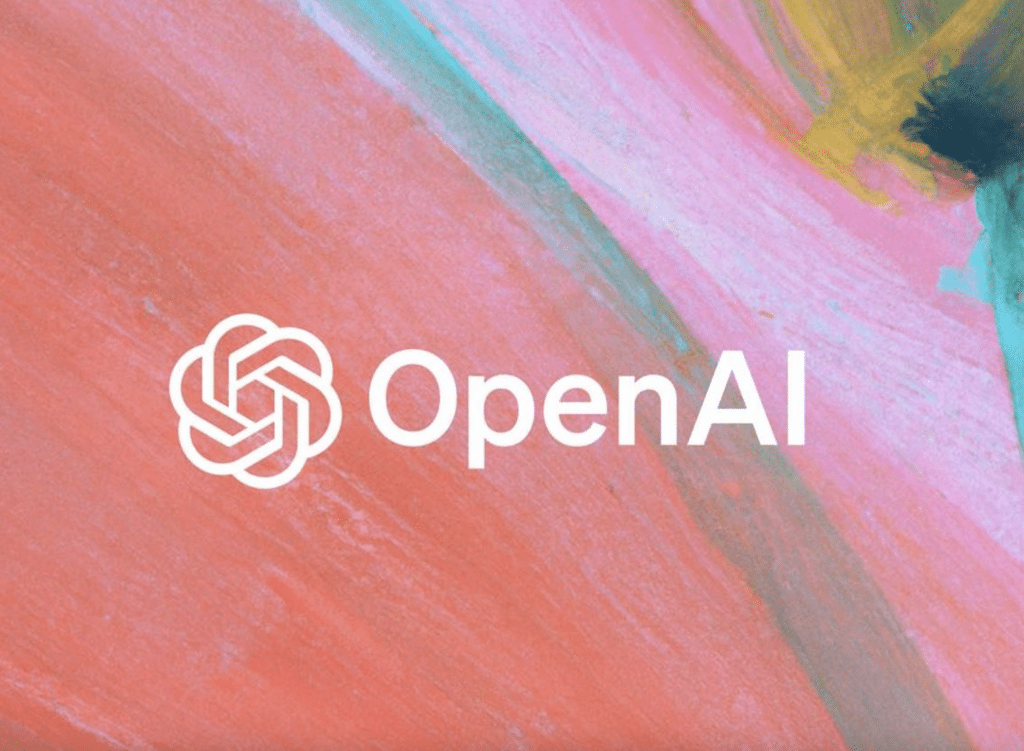Artificial Intelligence (“AI”) is a broad term that generally refers to computer systems that can receive and process information to make decisions without human input. It is widely considered an era-defining technology in the way electrical and computer technology came to define the 1800s and 1900s, respectively. And just as regulation of computer security lagged behind the increasingly pervasive use of computers in the late 1980s, today we are seeing that regulation of AI has similarly lagged behind the expansion of the technology.
Federal and state entities in the United States and international authorities are increasingly monitoring and regulating artificial intelligence, which is no simple task, with the technology finding growing applications in a myriad of areas such as autonomous vehicles, the military, law enforcement, art, music, creative writing, social media, fashion/retail, and even corporate recruitment. Regardless of your industry, AI is likely being used in various capacities, with the adoption of new AI applications increasing every day. Whether you are a business owner, executive, employee, or consumer, maintaining an awareness of AI development and regulation will be essential in the coming years.
In the United States, the National Institute of Standards and Technology (“NIST”), an agency within the Department of Commerce, is leading the way in conducting AI research, developing technical standards, and aiding in AI policy development. NIST is providing support to the National Artificial Intelligence Advisory Committee (“NAIAC”), which is “tasked with advising the President and the National AI Initiative Office on topics related to the National AI Initiative.” NAIAC is a new committee, having launched in April of 2022.
NAIAC is expected to play a pivotal role in how AI legislation is drafted and implemented, with Congress directing NAIAC to submit periodic reports of its findings and recommendations to both Congress and the President, with the first report being submitted in 2023. The NAIAC was created through the National Artificial Intelligence Initiative Act of 2020, which also established the National Artificial Intelligence Initiative and the National Artificial Intelligence Initiative Office. The National Artificial Intelligence Office is tasked with coordinating comprehensive U.S. led research, development, and implementation of AI technology in both the public and private sectors.
All the while, numerous states in the U.S. have introduced legislation to regulate AI in the public and private sectors. In 2022, we saw several dozen AI-related bills remain pending, and several states passing measures to fund further research in support of future AI-related legislation. In particular, Illinois amended its existing “Artificial Intelligence Video Interview Act,” a law that creates substantive regulation regarding how AI is used to decide which candidates for employment will receive in-person interviews.
In the European Union, “The Artificial Intelligence Act” has been introduced and will likely see movement this year. The Artificial Intelligence Act proposes to rank AI systems and applications according to their risk levels. Those that are categorized as an “unacceptable risk” would be banned entirely; “high-risk” systems and applications would be specifically regulated; and AI applications outside of those classifications would be largely free from specific regulations and compliance requirements.
So, what does all this mean? Companies seeking to use AI technology in their businesses domestically or abroad should closely track developments in AI legislation and regulation this year, as 2023 will likely see the adoption of the most AI legislation in history. As with all business developments, it is better to plan ahead and build the needed privacy and security requirements into any products and services that use AI. In the coming months, we will write more on AI to keep you informed on this powerful technology and apprised of regulatory and legal developments in this rapidly changing space.
Brett Taylor is an associate at Taft Stettinius & Hollister, where he focuses his practice on advising clients in areas of corporate governance and data privacy and security.











